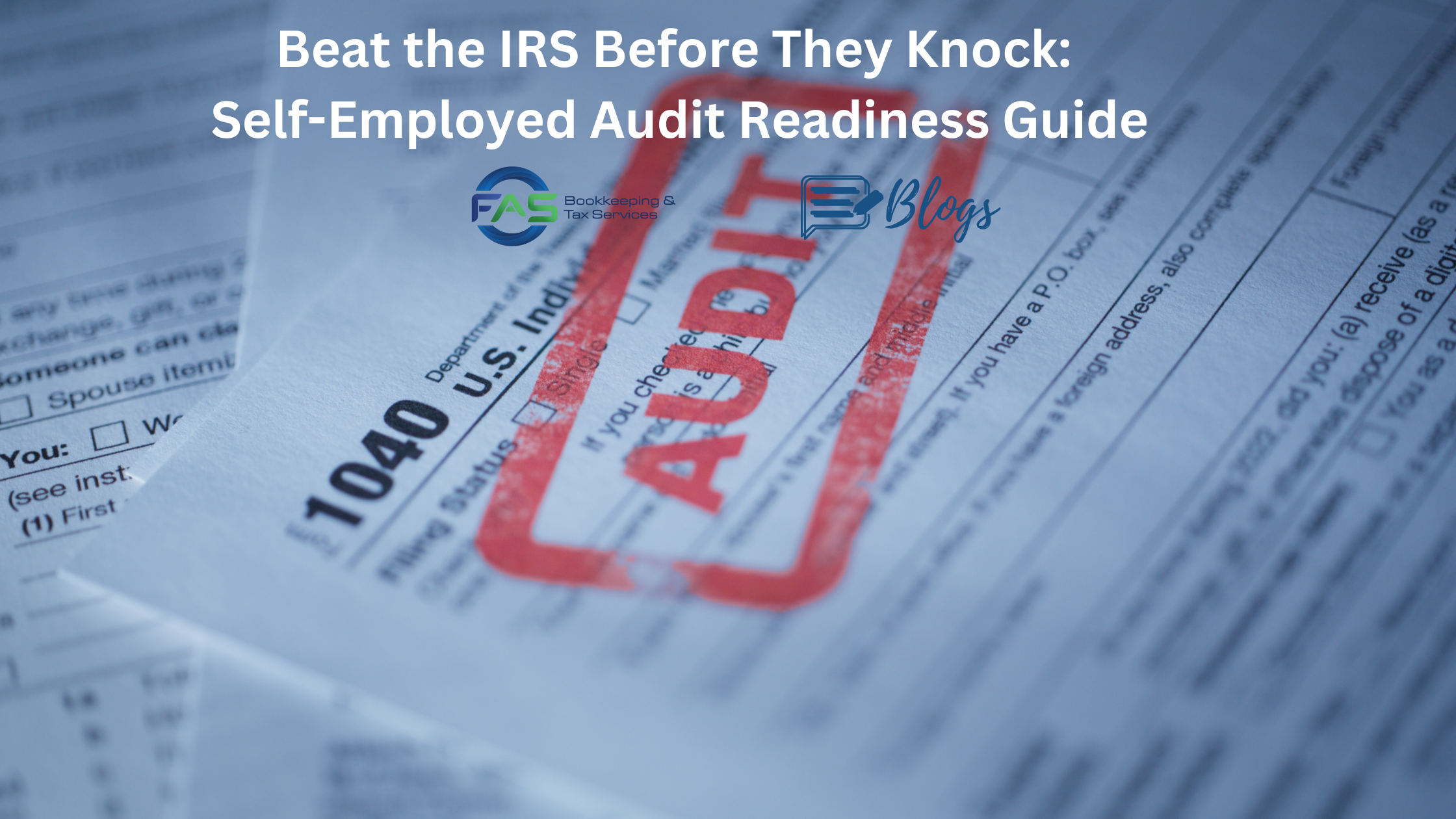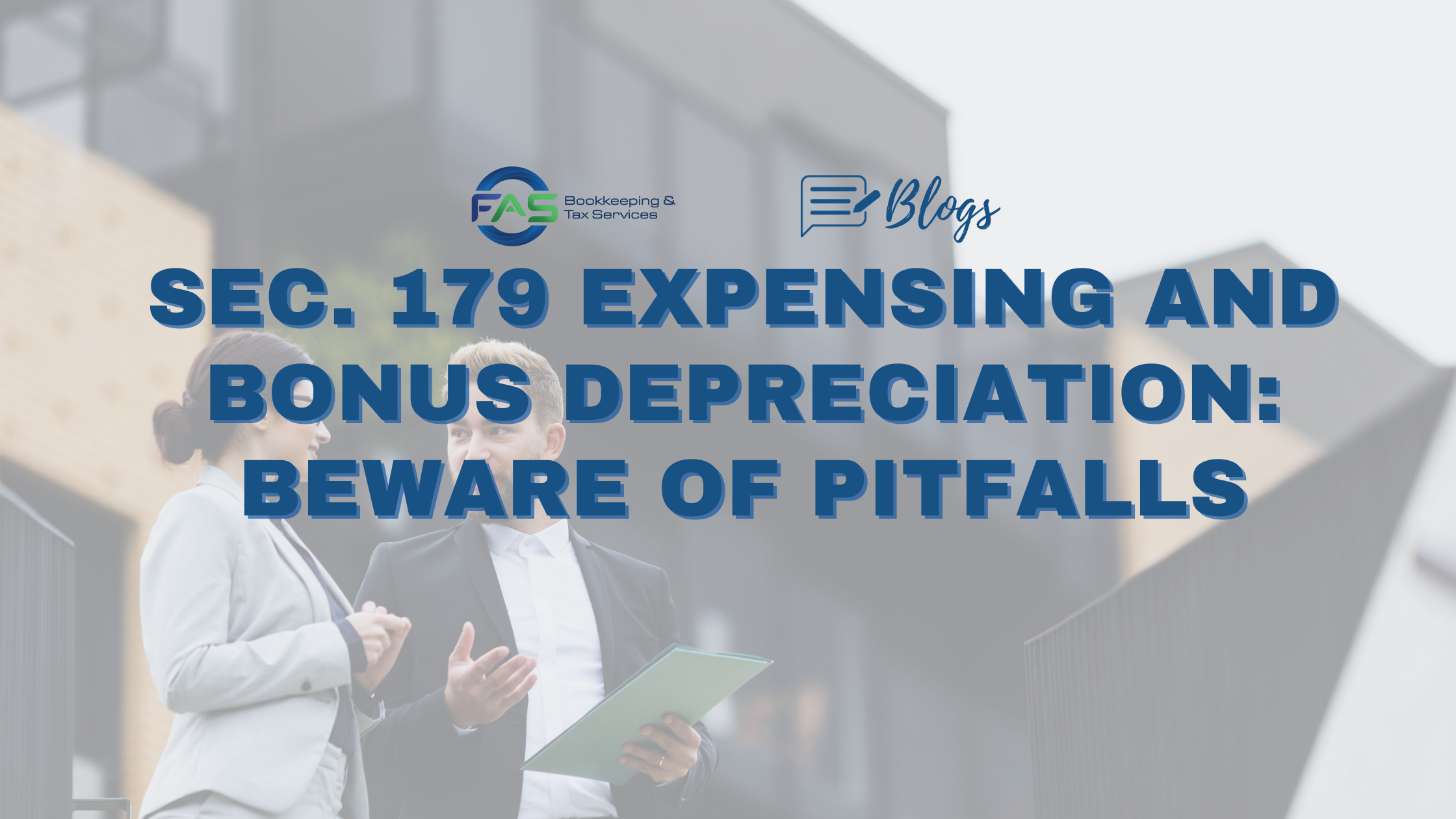Sec. 179 Expensing and Bonus Depreciation: Beware of Pitfalls
If eligible, you can elect to use Section 179 expensing or bonus depreciation to deduct a large portion of the cost (and in some cases the full cost) of eligible property in the year it’s placed in service. Alternatively, you may follow regular depreciation rules and spread deductions over several years or decades, depending on how the asset is classified under the tax code.
While taking current deductions can significantly lower your company’s taxable income, it isn’t always the smartest move.
Sec. 179 and Bonus Depreciation 101
Section 179 expensing may allow you to currently deduct the full cost of purchasing eligible new or used assets, such as equipment, furniture, off-the-shelf computer software, and qualified improvement property (QIP). An annual expensing limit applies ($1.16 million for 2023 and $1.22 million for 2024), which begins to phase out dollar for dollar when asset acquisitions for the year exceed the applicable threshold ($2.89 million for 2023 and $3.05 million for 2024). You can claim the election only to offset net income, not to reduce it below zero to create a net operating loss.
First-year bonus depreciation is available for qualified assets, which include new tangible property with a recovery period of 20 years or less (such as office furniture and equipment), off-the-shelf computer software and water utility property. Under the TCJA, through 2026, the definition has been expanded to include used property and qualified film, television and live theatrical productions. In addition, QIP is now eligible for bonus depreciation. For 2023, bonus depreciation was 80%. It drops to 60% for 2024, to 40% for 2025 and to 20% for 2026. After that, it will be eliminated, unless Congress acts to extend it.
When to Consider Forgoing These Breaks
Here are two examples when it may be preferable to forgo Sec. 179 expensing and bonus depreciation:
- You’re planning to sell QIP. If you claim Sec. 179 expense or bonus depreciation on QIP and sell the building soon, this current write-off may be a tax trap. That’s because your gain on the sale up to the amount of Sec. 179 or bonus depreciation deductions you’ve claimed will be treated as “recaptured” depreciation that’s taxable at ordinary-income tax rates, up to 37%. But if you deduct the cost of QIP under regular depreciation rules (generally, over 15 years) and sell the building, any long-term gain attributable to the deductions will be taxable at a top rate of 25%.
- You’re eligible for the qualified business income (QBI) deduction. This deduction allows eligible business owners to deduct up to 20% of their QBI from certain pass-through entities, such as partnerships, limited liability companies and sole proprietorships. The deduction can’t exceed 20% of an owner’s taxable income, excluding net capital gains. (Other restrictions apply.)
Claiming Sec. 179 or bonus depreciation deductions reduces your taxable income, which may deprive you of an opportunity to maximize the QBI deduction. Because the QBI deduction is scheduled to expire after 2025, taking full advantage of it while you can will generally make sense.
Timing Is Everything
Keep in mind that only the timing of deductions is affected by the strategy you choose. You’ll still have an opportunity to write off the full cost of eligible assets if you forgo Sec. 179 expensing and bonus depreciation; it will just be over a longer time period. Contact the office for help analyzing your company’s overall tax benefit picture and determining the optimal strategy. Contact the office to discuss this further. 




